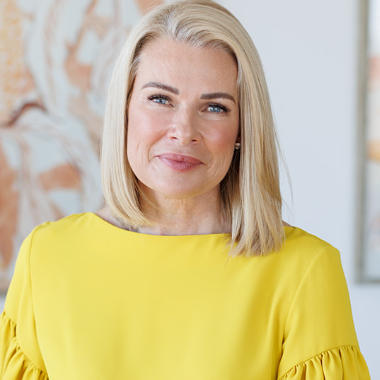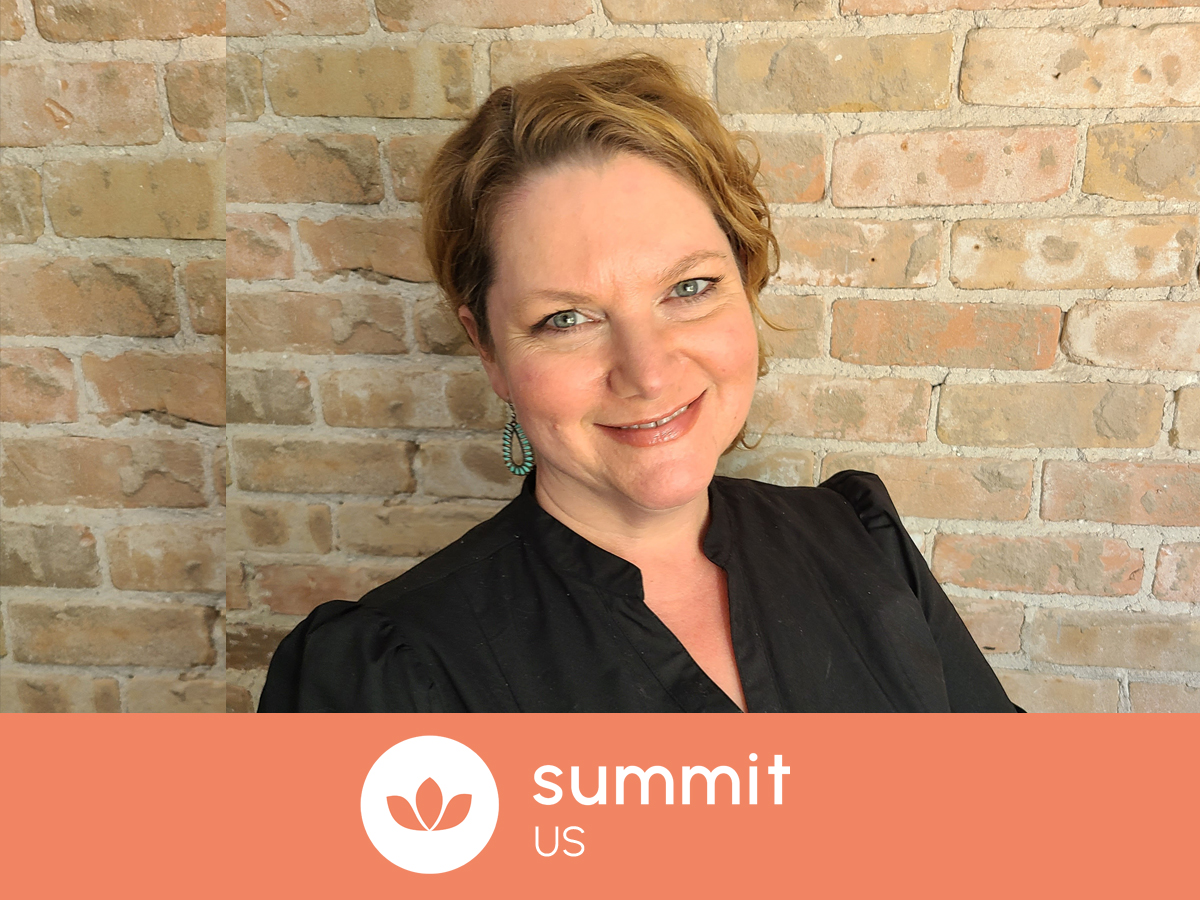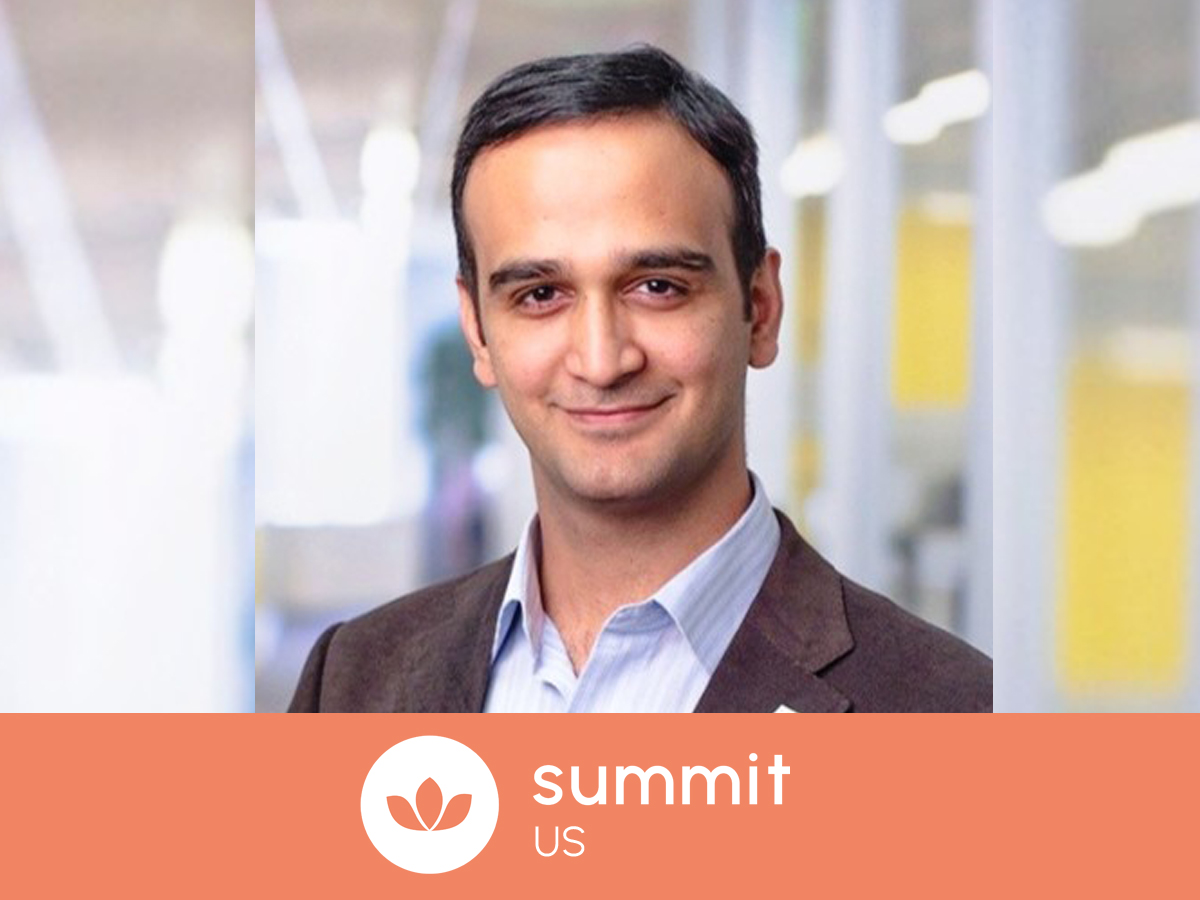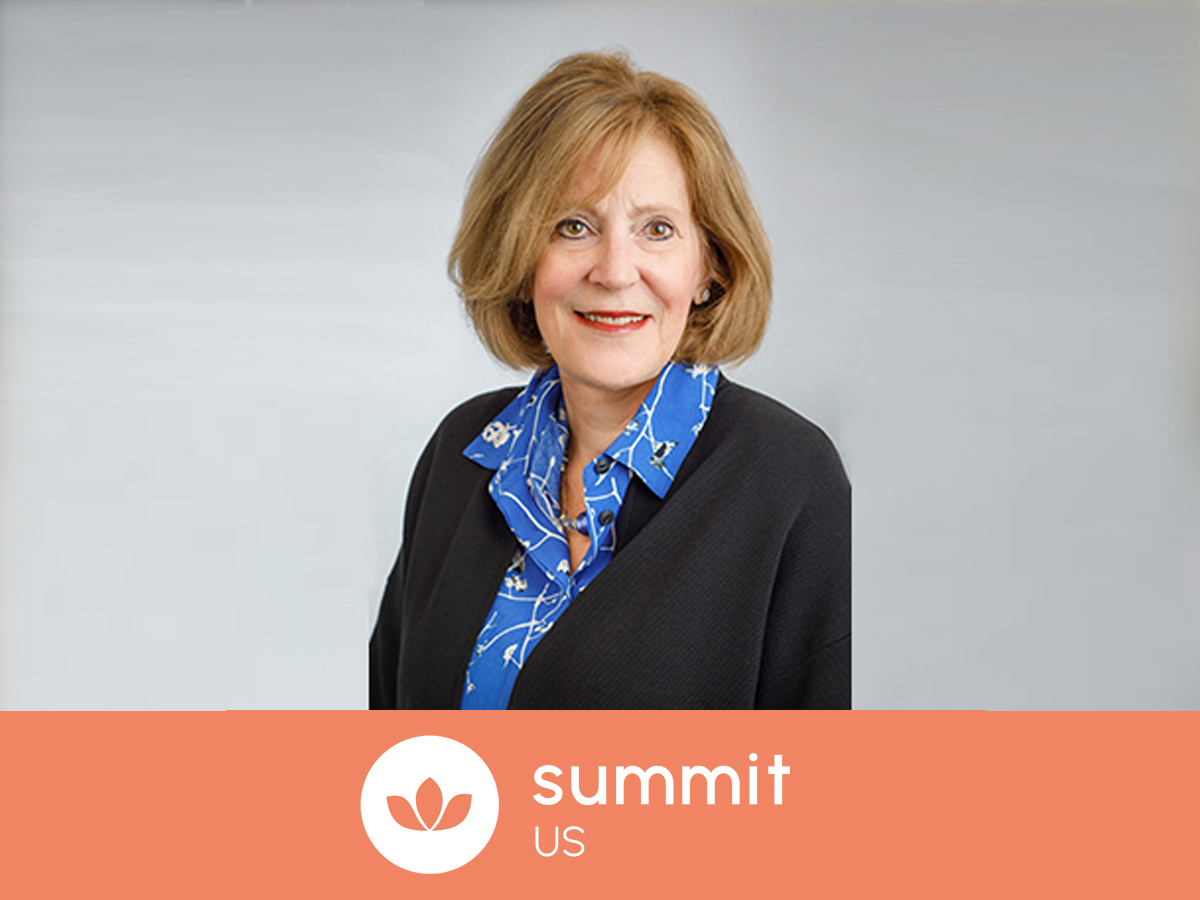
Victoria Mills, CEO and Founder of Hello Coach, the foremost Australian coaching company. Bringing 30 years of leadership development and coaching experience with a dedication to empowering employees with a transformative digital coaching experience at scale. Using cutting-edge technology, our curated, global expert coaches focus on skills development and work place support for employees at all stages of their leadership career. Hello Coach offers top-tier interactive team workshops & individual coaching linking leadership frameworks driving ROI.
We are delighted that Victoria will be speaking in Sydney as part of our Australia summit. We caught up with her to see how she’s feeling in the runup to the event.
Hi Victoria, we are thrilled that you will be speaking at the Wellbeing at Work Australia Summit in November. Our first and most important question is, how are you doing today?
I feel proud. Proud of Hello Coach and deeply proud of the impact we create. Sometimes, a single conversation between one of our coaches and employees can be life-changing. Everyone needs a great coach in their corner at some point! No matter how busy my day is, I always take
time to read the testimonials our clients leave it’s a powerful reminder of our “Why.” Knowing the real-time positive impact we make fuels me every day.
As a leader based in the region, what are the main challenges you are facing when it comes to employee wellbeing and mental health?
As a leader these are the key areas we still see challenges in:
Stigma and Silence: Employees don’t feel comfortable speaking up about mental health. Fear of being judged or seen as “weak.”
Limited Access to Services: Regional areas often have fewer mental health professionals or long wait times. Lack of local resources compared to metro hubs.
Workload and Burnout: Increasing demands, reduced headcount, and constant change. Employees feeling stretched too thin.
Isolation & Remote Work: Distance from HQ or colleagues leading to disconnection. Harder to build a sense of community and belonging.
Leaders Feeling Underprepared: Managers don’t feel equipped to have wellbeing conversations. Uncertainty around boundaries ie “What’s my role vs. what’s HR’s role?”
Retention and Engagement Pressures: Struggling to keep staff motivated when wellbeing is suffering. Higher turnover in tough environments.Culture and Change Fatigue: Repeated restructures or organisational shifts creating stress. Employees becoming disengaged and resistant.
What strategies have you seen developing over the past 6 months, both internally and externally, that are moving the dial on wellbeing in the workplace?
Over the last 6 months we have been very focused on:
Embedding Wellbeing in Leadership Training: Equipping managers with the skills and confidence to have open conversations about mental health. Training leaders to recognise early signs of burnout and stress.
Expanding Access to Support: Scaling on-demand coaching for employees at all levels. Building partnerships with mental health providers to shorten wait times.
Real-Time Wellbeing Data: Leveraging dashboards and pulse surveys to monitor engagement, stress, and wellbeing trends. Using insights to act quickly, not months later.
More Triad/Manager/Employee sessions: Bringing together key people 3 way session to have authentic conversations to get clear on coaching objectives. With a clear aligned plan between Manager and Employee, the “once” tough conversations are becoming easier.
Why is employee wellbeing so important to you personally?
I’ve seen first-hand how stress can spill over into work life, and how quickly it can take a toll. More often than not, that stress comes from a sense of uncertainty or feeling like you don’t have control. That’s where having a coach makes all the difference. A coach helps you step back, build strategies, and access practical tools so you can navigate challenges with clarity. Instead of feeling overloaded, you stay focused, engaged, and resilient – protecting yourself from burnout and disengagement.
What impact is AI having in your organization and how are you managing that?
AI isn’t going anywhere and when used thoughtfully, it has the power to empower roles, elevate skills, and simplify outcomes. The challenge comes when teams lean too heavily on AI, risking over-reliance at the expense of human connection and judgement.At Hello Coach, we’ve been using AI in moderation for several years to enhance the efficiency and effectiveness of coaching, particularly in matching employees with the right coach at the right time. In the right environment, AI becomes a positive enabler: making the process seamless, scalable, and ultimately more impactful for employees and organisations alike.
Other than AI, are there any challenges that you are seeing for the first time and how are you addressing them?
Many leaders are navigating issues we haven’t faced at this scale before: rapid shifts in workforce expectations, hybrid work fatigue, rising levels of burnout, and the need to build trust in increasingly uncertain environments. These challenges call for new approaches whether it’s investing in employee wellbeing, strengthening leadership capability, or creating adaptable cultures that can thrive through change and accessing coaching as that facilitator.
What areas do you think employers should be focused on over the next 12 months?
The key areas and themes we predict that will continue to be vitally important is employee wellbeing and burnout prevention, leadership development and importantly Change Management readiness to help teams prepare and adapt to uncertainty and ongoing organisational transformation.
Do you feel that investment in employee wellbeing in the region is increasing or decreasing and is that a direct reflection on HR leaders’ increasing ability to demonstrate effective returns of their strategies to leadership?
I would say investment in wellbeing is definitely increasing. Leaders are starting to understand that it’s not just a cost, it’s a performance driver. We’re seeing better data now, which helps us show ROI clearly. For example, when we link coaching and wellbeing programs directly to reduced turnover and improved engagement scores, it makes the case easy. It’s less about selling the ‘why’ and more about proving the ‘how much’ impact it delivers.
How has your organisation been leading the way?
At Hello Coach I have prioritised creating a culture where wellbeing and performance go hand in hand. That means embedding coaching into the flow of our work, training the team to have better conversations, and ensuring our employees have access to support before challenges escalate. By doing this, we’ve been able to strengthen engagement and retention at the same time.
Victoria will be speaking in Sydney at the Wellbeing at Work Summit Australia.
Further details and tickets for the Sydney Summit can be found here.
Further details and tickets for the Melbourne Summit can be found here.



